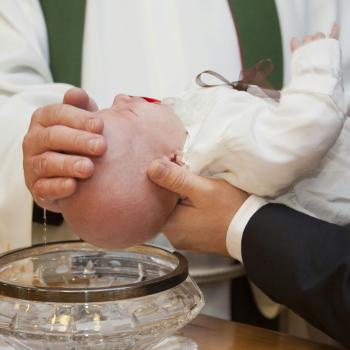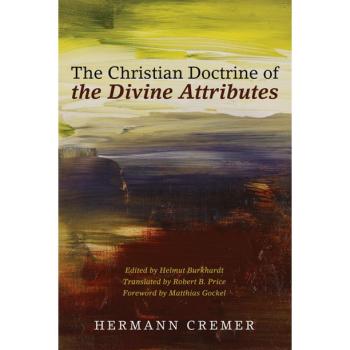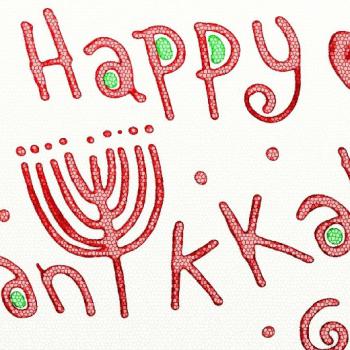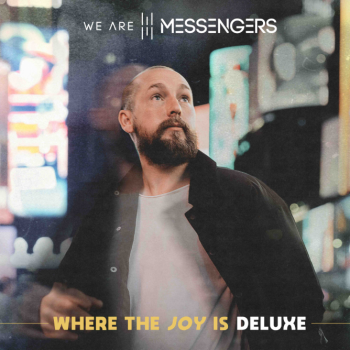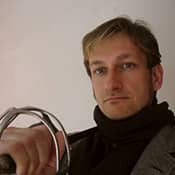But Paganism does have something universal to offer.
One of the most common problems today is that people don't feel in control of their lives. And two elements that unite almost all Pagan traditions directly address that: individualism and heroic myth.
Campbell, who so eloquently explains the difference between world religions and ethnic religions above, also talks of the beautiful sense of individualism, of "a very strong individualistic tradition that goes back certainly to the Greeks and is to be identified also in the north European pagan traditions of the Celts and the Germans."
What if that brave individualism was given the soil to bloom again?
This individualistic tradition reaches its greatest expression in the hero myths. The heroes of Pagan tradition will literally face down the gods themselves. They will go gladly to their doom, if it means accomplishing their goal: they have a cheerful love of life with its pains and joys alike. They revel in the world, knowing there are no absolutes but their own honor.
This spirit was not only for warriors. It was celebrated among great and small, among men and women. It doesn't always lead to a happy outcome, but it leads to no regrets. It is a rugged affirmation of I choose for myself.
If this one idea, this heroic virtue, could be distilled, taught, and lived, would human lives be improved? Could unnecessary apologies go un-uttered, and meek heads lift up a little with confidence? Would children follow their dreams, and adults speak up when no one else will?
What would happen to the world if the message of Pagans was: follow your personal legend?
